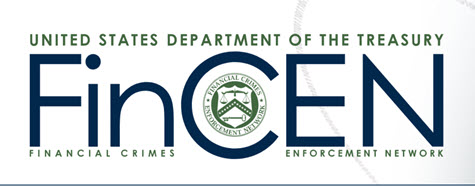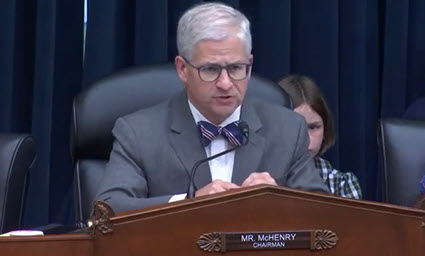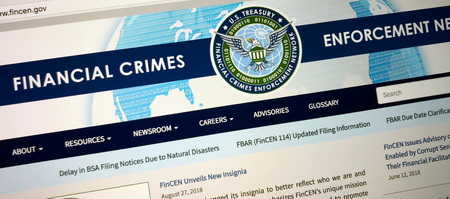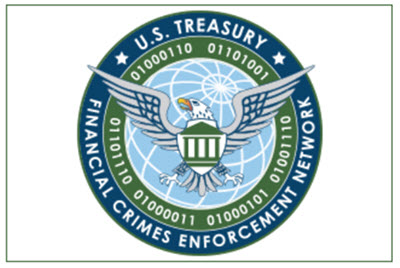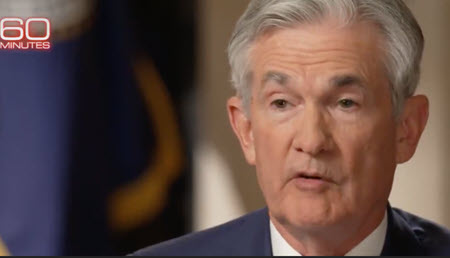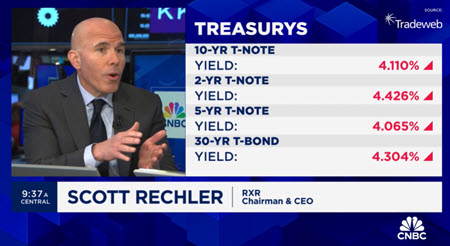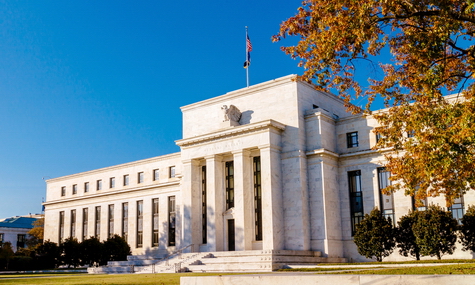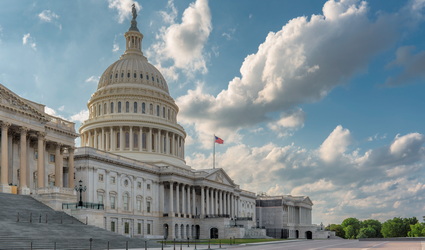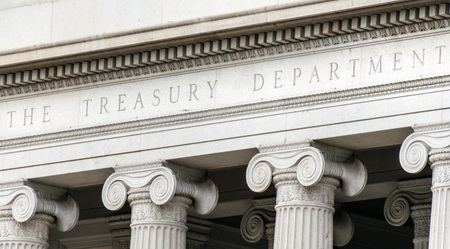
The Treasury Department issued final regulations this week that redefine what constitutes a domestically controlled REIT exempt from tax under the Foreign Investment in Real Property Tax Act (FIRPTA). The regulations create a new look-through rule that extends the reach of the discriminatory FIRPTA regime to common investment structures. (Final Regulations | Tax Notes, April 25 and Bloomberg Law, April 24)
New Look-Through Rule
- By looking through a domestic C corporation to its shareholders, the new FIRPTA rules run counter to general tax principles, past IRS guidance, and historic precedent. Moreover, the final regulations do not provide relief to widely held U.S. real estate funds with dispersed foreign ownership, even if the foreign investors are far removed and separate from the management and control of the U.S. funds’ activities.
- While the final rules increased the total percentage of foreign ownership of a C corp. necessary to trigger look-through treatment, the change offers little practical relief since participating U.S. investors typically will only invest in U.S. real estate through other channels (e.g., directly, through a partnership, or through a REIT).
- Transition relief in the final regulations may offer some respite to certain foreign investors, depending on their facts and circumstances. The new look-through rule does not apply to preexisting business arrangements—but only if the entity does not acquire a significant amount of new real estate interests or undergo a significant change in its ownership during the 10-year transition period.
Roundtable Response

- Roundtable President and CEO Jeffrey DeBoer responded to the Treasury rules. “Foreign capital is badly needed to supplement domestically sourced capital in cities and downtowns that continue struggling to recover from the pandemic. The wide spread adoption of remote work, coupled with today’s high interest rates and decreased lending by banks is fueling a reinforcing cycle of declining investment, property values, and tax revenues that can only be countered through additional investment capital.”
- “Unfortunately, the final Treasury rules on FIRPTA and domestically controlled REITs raise new barriers to passive foreign investment in U.S. real estate, including affordable housing and the conversion of underutilized office buildings,” DeBoer said.
- The Real Estate Roundtable and some members of Congress had advocated for the withdrawal of the proposed regulations or significant changes. House Ways and Means Committee Members Darin LaHood (R-IL) and Carol Miller (R-WV) urged Treasury Secretary Janet Yellen to drop the FIRPTA proposal. (Letter to Yellen, July 28, 2023 and real estate industry coalition letter, March 1, 2023 | Roundtable Weekly: Jan. 6, March 4 and Aug. 4, 2023)
A Roundtable Tax Policy Advisory Committee (TPAC) working group is reviewing the most recent changes and considering potential policy and tax planning strategies going forward. The next TPAC meeting will be held on June 21 in conjunction with the all-member Roundtable Annual Meeting in Washington, DC.
# # #
